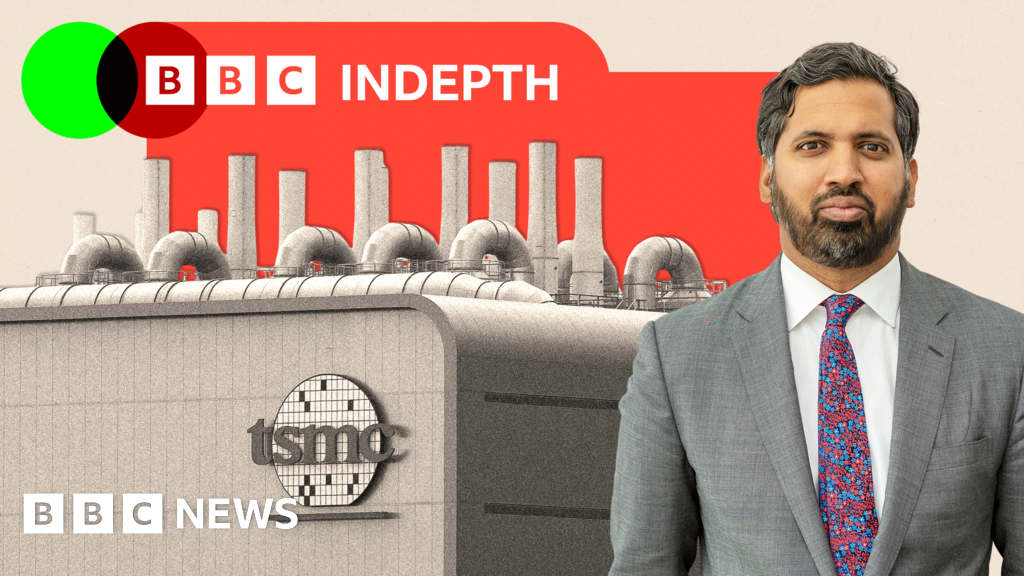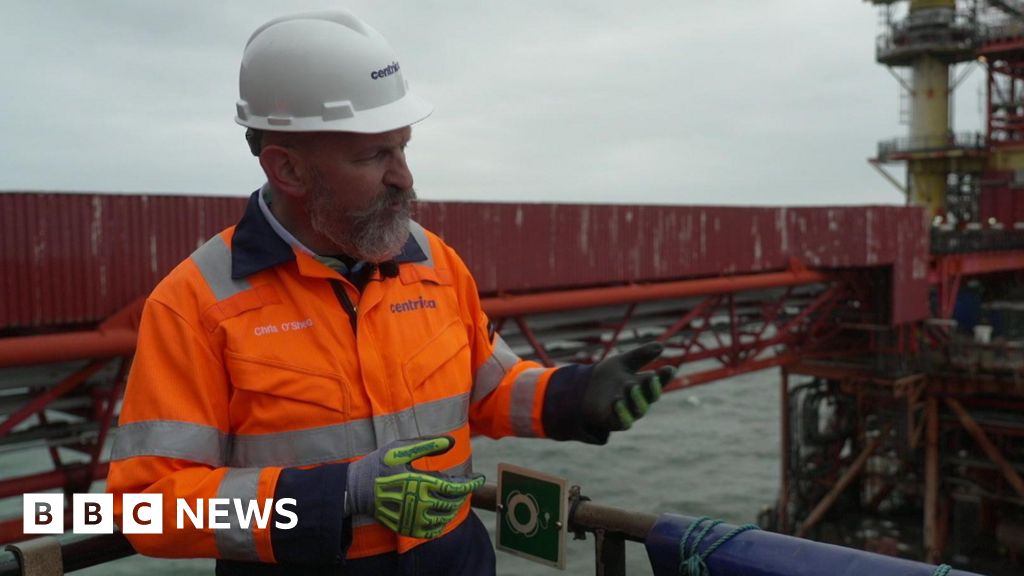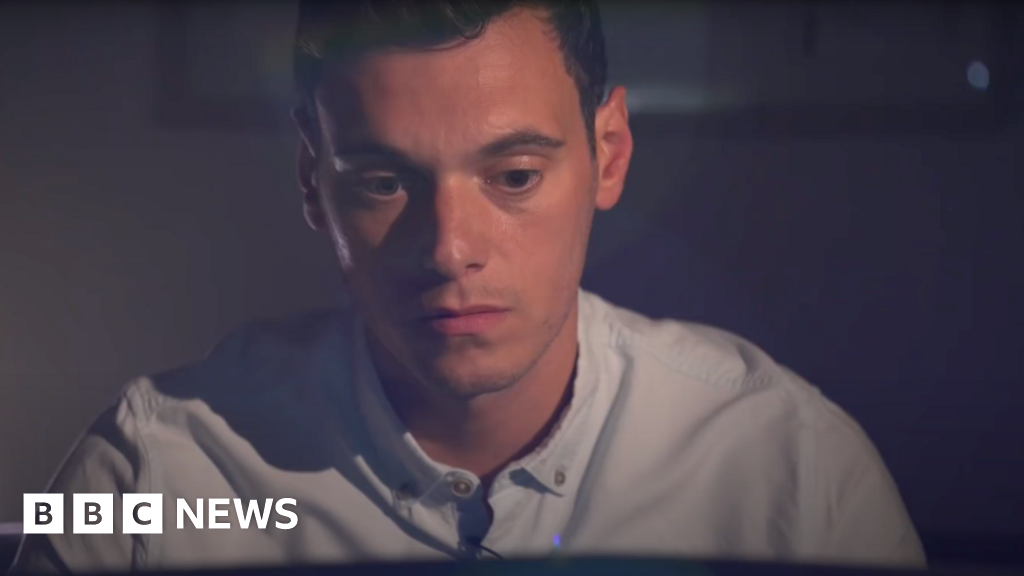ARTICLE AD BOX
Watch: "Frightening" Martin Lewis deepfake scam
Martin Lewis said he was left feeling "sick" by an online scam video featuring a realistic computer-generated likeness of him.
The widely-circulated ad, which attempts to solicit money for a supposed investment scheme, appears to use AI-powered deepfake technology.
Consumer finance expert Lewis said it was "weird and pretty frightening" to have his face and voice imitated.
He warned people would be tricked out of money without industry regulation.
In the advert - which appeared on Facebook - a fake likeness of Lewis encourages people to sign up for what is claimed to be an Elon Musk-backed project, calling it "legit" and a "great investment".
Speaking to BBC Radio 4's Today programme, Lewis said: "My name and face have been the subject of scam adverts for many years, I get countless reports every day.
"This is the first deepfake I've seen with me in it… it's already difficult enough to persuade people [about scams].
"I've had friends of mine get in touch with me at times saying 'hey, I've just put some money in that investment scheme you're advertising'.
"I don't advertise, I don't do investment."
Deepfakes are images which have been convincingly digitally manipulated. Experts have long warned they could be used to spread disinformation.
The capability to recreate a person's likeness has been around for a number of years, but there are concerns that rapid advancement in machine learning could increase the power and availability of the technology.
Asked about the deepfake video of himself, Lewis said: "I don't think it's perfect but it's the first one and this technology is improving at a rapid speed.
"And frankly, it's disgraceful and people are going to lose money."
He said that regulation of the tech industry amounts to a "wild west" situation and called on the government to press ahead with legislation.
Lewis added: "We are scared of big tech in this country and we need to start regulating them properly.
"Vulnerable people are being scammed and nothing is being done about it."
Lewis sued Facebook in 2018 over fake ads using his name, dropping the legal action after receiving commitments and a £3m donation to Citizens Advice from the US firm.

 1 year ago
41
1 year ago
41








 English (US) ·
English (US) ·